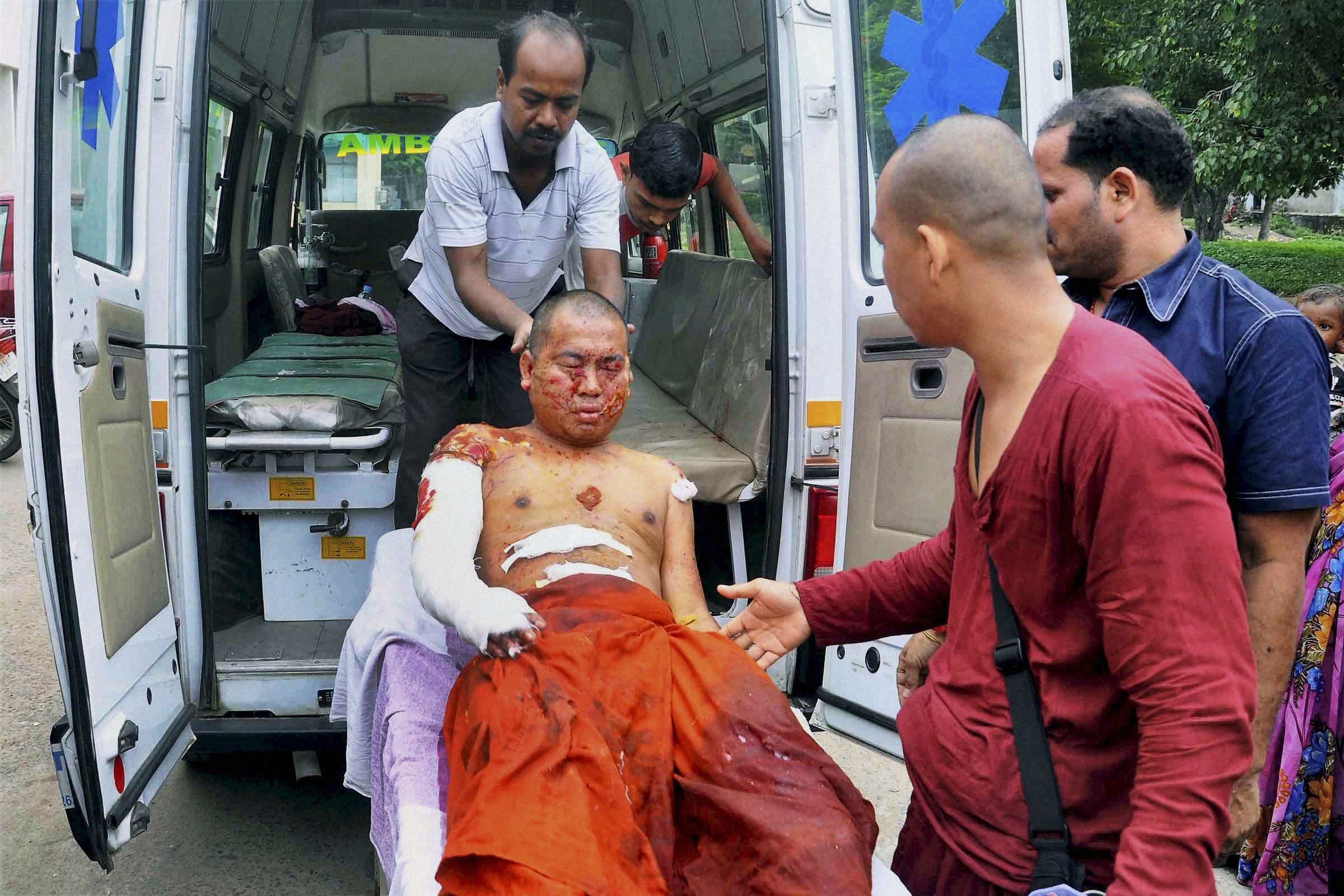Come not between the dragon and his wrath, warned Shakespeare in King Lear. But Tarun Sehrawat was young — impossibly young — and it is the highest calling of the young to look every dragon in the eye. Tarun doggedly framed his dragon, shot it from every angle, and brought it back for the world to see. It was a dragon both pitiful and fearsome: of tribal wretchedness; rural deprivation; and the devastation of conflict, all of it shakily held together by a frail splint of human dignity richer than all education, as old as ancient forests.
All ambition springs from neurosis. Tarun — born to a working class father who worked for a journalist — was driven to be more journalist than other journalists. More heart, more eye; farther, deeper, deadlier. He wanted the caste wars, he wanted the jungles, he wanted the killing fields. He importuned his editors to let him loose, to send him everywhere. He cradled his camera like a baby, in continual tactile love with its contours and possibilities. And he wielded it like a weapon. In the wars of inequity; in the wars of injustice.
Who Tarun was is of no real consequence to anyone, bar his family, friends and colleagues. Good-looking, vigorous, gentle, ever-smiling, shy, helpful, hardworking, dauntless, a fine son, a finer brother, just 23 — all these are for the intimates to roll on their tongues and wet with their tears. To the world at large, to the readers and the public interest that he served, what Tarun did is what matters. And why Tarun died is what matters.
What Tarun did when he was alive, and what he has done with his death, is to starkly lay bare for us the tattered idea of India. In life, he went to the strongholds of India’s gravest challenge, to the pauper citadels of dreaded Maoists and Naxalites, and brought back images of such destitution — of burnt skin and stretched ribs and hollow eyes — that they burn the retina if one dares to look (and not skip as we all do). In death, he has nailed a large, unignorable signboard to the grim absence in tribal and rural India of the very basic healthcare that many of us take for granted.
Tarun is dead, well before his time. His message is more alive than ever. Mohandas Gandhi had dreams of compassion, burdened as he was by all he saw. But in the country of his imaginings, empathy comes slow, and children die in uncounted numbers, for the rulers look down the barrels of guns instead of feeling the pulse with gentle stethoscopes.




